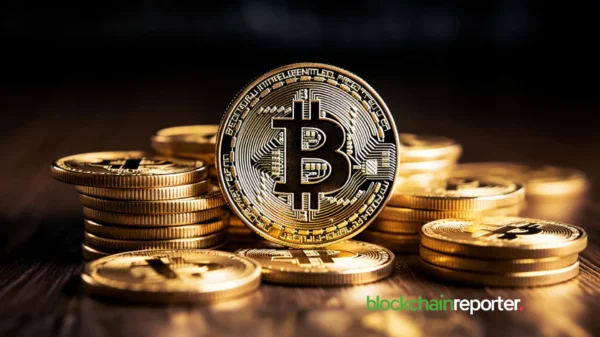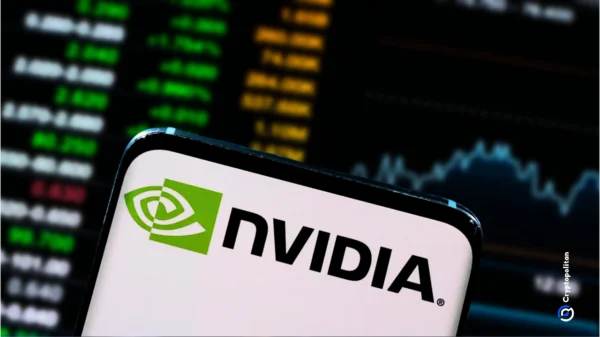In a noteworthy development for the cryptocurrency sector, South Korean conglomerate Hanwha has introduced a groundbreaking insurance product designed specifically to safeguard Bitcoin investors against hacking incidents. This launch reflects a significant evolution in the digital asset market, marking a step toward greater institutional acceptance and risk management.
Unveiled this week, Hanwha”s crypto hacking insurance aims to alleviate one of the most pressing concerns for both retail and institutional investors: security vulnerabilities inherent in the cryptocurrency landscape. The frequent occurrences of hacks targeting exchanges and wallets have underscored the urgent need for comprehensive insurance solutions, which have been largely absent in the market until now.
Addressing Security Risks in Cryptocurrency
Historically, the lack of adequate protection mechanisms has deterred many traditional investors from engaging with cryptocurrencies. High-profile breaches have often resulted in significant financial losses, highlighting the sector”s Achilles” heel. Hanwha”s innovative insurance product addresses these issues head-on, offering a much-needed safety net for investors.
While specific details regarding the policy are still forthcoming, initial reports suggest that the insurance will cover losses resulting from external hacking events that affect Bitcoin holdings. This includes incidents at centralized exchanges as well as vulnerabilities associated with custodial wallets. By providing a clear compensation pathway, Hanwha aims to reduce the financial impacts of security breaches.
Key Features of Hanwha”s Insurance Offering
Some of the anticipated features of Hanwha”s insurance include:
- Comprehensive Coverage: Protection against unauthorized access and theft due to cyberattacks.
- Streamlined Claims Process: Simplified procedures for faster resolution for policyholders.
- Established Reputation: Backed by a conglomerate with extensive experience in traditional insurance.
- Customizable Premiums: Pricing models that reflect the security measures employed by the investors.
Impact on the Cryptocurrency Market
The introduction of a reputable insurance product like Hanwha”s is expected to have significant implications for the cryptocurrency market. It could serve to de-risk Bitcoin investments, making the asset class more appealing to institutional funds and corporate treasuries that remain cautious due to security concerns. Furthermore, this initiative could set a precedent for other traditional insurers, potentially fostering a more competitive environment in the crypto insurance sector.
As investor confidence grows, the expectation is that more retail participants will enter the market, reassured by the knowledge that their digital assets are now insured against catastrophic events. This advancement is crucial for building a more stable and trustworthy ecosystem.
Challenges and Future Prospects
Despite Hanwha”s promising entry into the crypto insurance arena, the company will face challenges. The rapidly evolving nature of cyber threats, the complexities of blockchain technology, and the shifting regulatory environment will require continuous adaptations to their insurance offerings. Accurately assessing risks and determining premiums in this emerging market will also be an ongoing challenge.
Nevertheless, the outlook remains positive. As the digital asset economy continues to grow, the demand for sophisticated risk management solutions will likely increase. Hanwha”s proactive stance in this niche market positions it to capture a significant share, potentially expanding insurance coverage to other cryptocurrencies and various aspects of decentralized finance (DeFi) in the future.
In conclusion, Hanwha”s launch of crypto hacking insurance represents a pivotal moment for Bitcoin and the wider digital asset landscape. By addressing a fundamental barrier to adoption—security risks—this initiative is poised to enhance investor confidence and facilitate the mainstream integration of cryptocurrencies, solidifying their status as a legitimate and insurable asset class.















































































